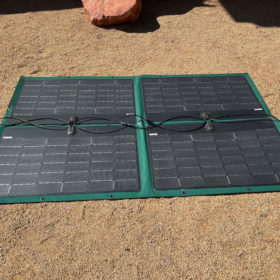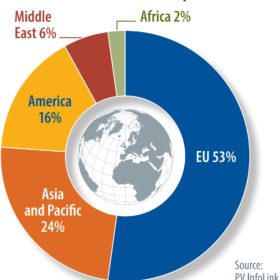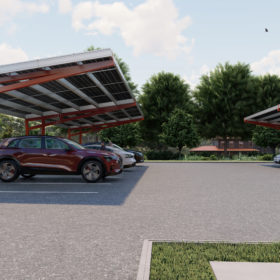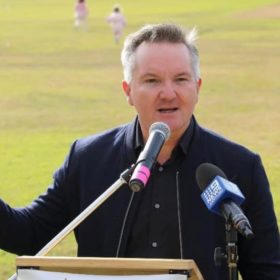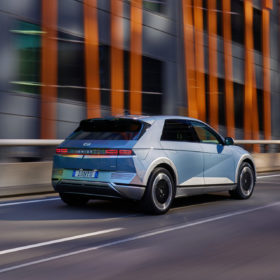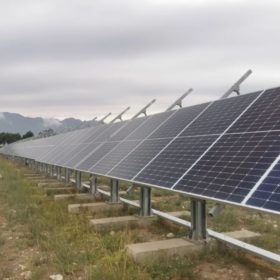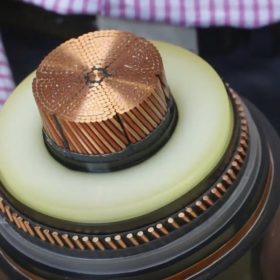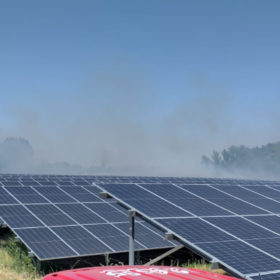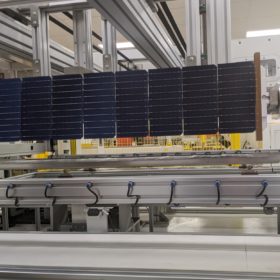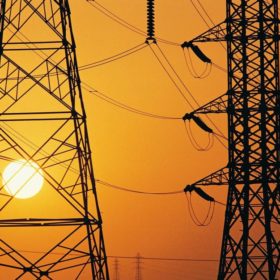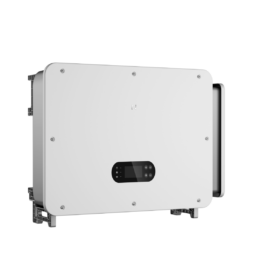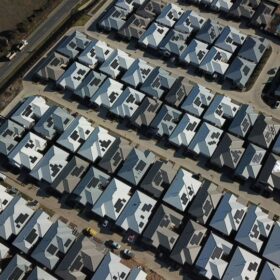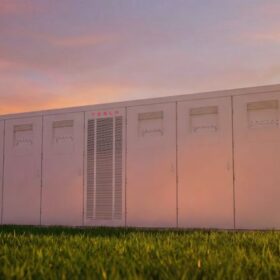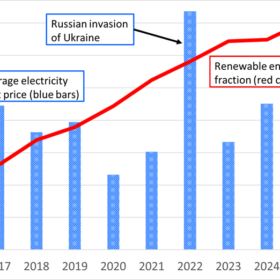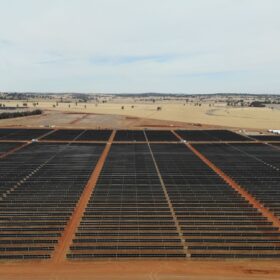Portable flexible PV systems for off-grid, residential applications
US startup New Use Energy Solutions has launched a new line of portable PV systems built with a module technology relying on Sunpower’s solar cells. The modules are assembled in the system via a custom vinyl tarp.
Weekend read: Global module demand to hit 240 GW in 2022
Despite polysilicon shortage-induced high module prices, the market saw strong demand in the usually slower summer season this year, due to the global race to net-zero emissions. Corrine Lin, chief analyst at PV InfoLink, expects demand to reach 240 GW, with China and Europe set to contribute more than 80 GW and 50 GW, respectively. Together with the United States, which has paused the introduction of new solar tariffs, the three largest markets will dominate nearly 70% of global demand.
Canyon Solar unveils scalable shade solution for commercial applications
Australian renewable energy start-up Canyon Solar has unveiled a prefabricated solar PV shade structure for commercial carpark applications that it claims can be installed at least three times faster than traditional systems and outcompetes rooftop solar PV on a dollar-per-watt basis.
Bowen discards planned changes to ARENA mandate
The Federal Government has moved to scrap controversial changes to the Australian Renewable Energy Agency’s mandate that allowed it to fund some fossil-fuel related and carbon capture storage technologies, signing regulations which make it clear the agency will focus on renewables and electrification.
ESB drives discussion on integration of EV smart charging
The Energy Security Board has declared the impending electrification of Australia’s transport fleet has the potential to revolutionise the way consumers receive and use energy and has issued a call for input on how best to support the effective integration of smart charging for electric vehicles into the National Electricity Market.
JA Solar test reveals n-type panels outperform p-type counterparts
Chinese manufacturer JA Solar said that tests have shown that n-type modules have a 3.9% higher power yield than their p-type counterparts. Germany-headquartered technical service provider TÜV Nord has confirmed the results.
Transgrid delivers $235 million Powering Sydney’s Future project
New South Wales network operator TransGrid has completed a critical transmission upgrade designed to future proof the electricity grid in Australia’s largest city, securing the energy needs of more than 800,000 people living and working in Sydney’s CBD and surrounding areas.
Heat wave sparks fire at solar park in the Netherlands
The fire affected an area of around 5,000 square meters but did not damage the solar panels. The local fire brigade was able to control the fire in around two hours.
Behind-the-scenes look at solar panel production shines light on Australian manufacturing
With the International Energy Agency leading calls to diversify the world’s solar PV supply chain, Australia’s only solar panel maker Tindo Solar has released a video following the manufacturing process at its new $11 million production facility in Adelaide.
Lessons from Australia’s ‘climate wars’ help chart path to better climate policy
Last week, two influential environmental groups warned the Greens not to stymie progress on Australia’s climate policy. In an unusual intervention, Greenpeace and the Australian Conservation Foundation urged the Greens to “play a constructive role” with Labor or risk being blamed for holding climate policy back.
